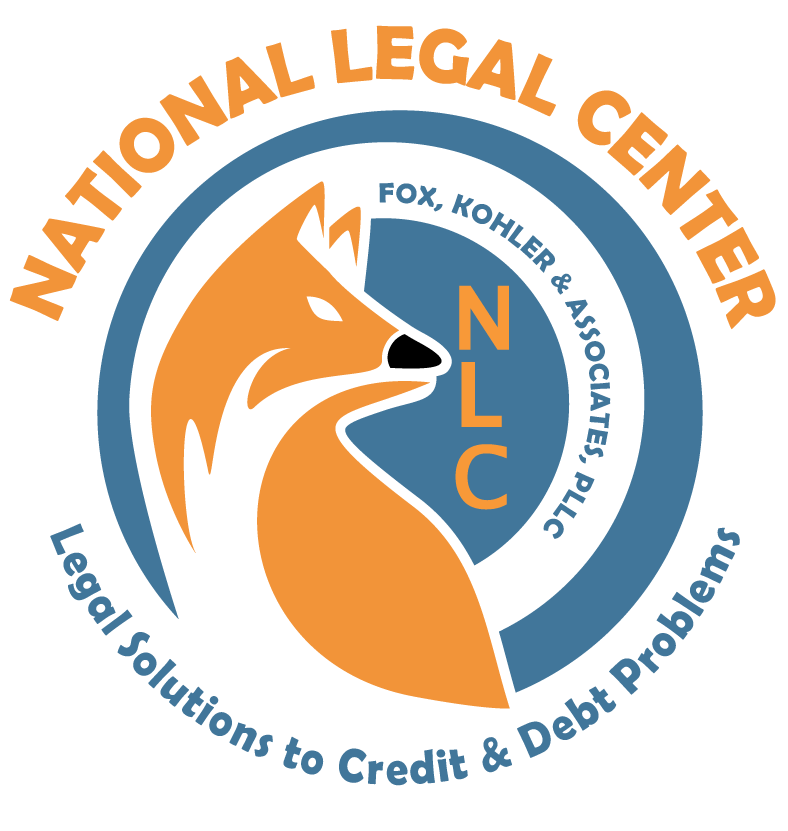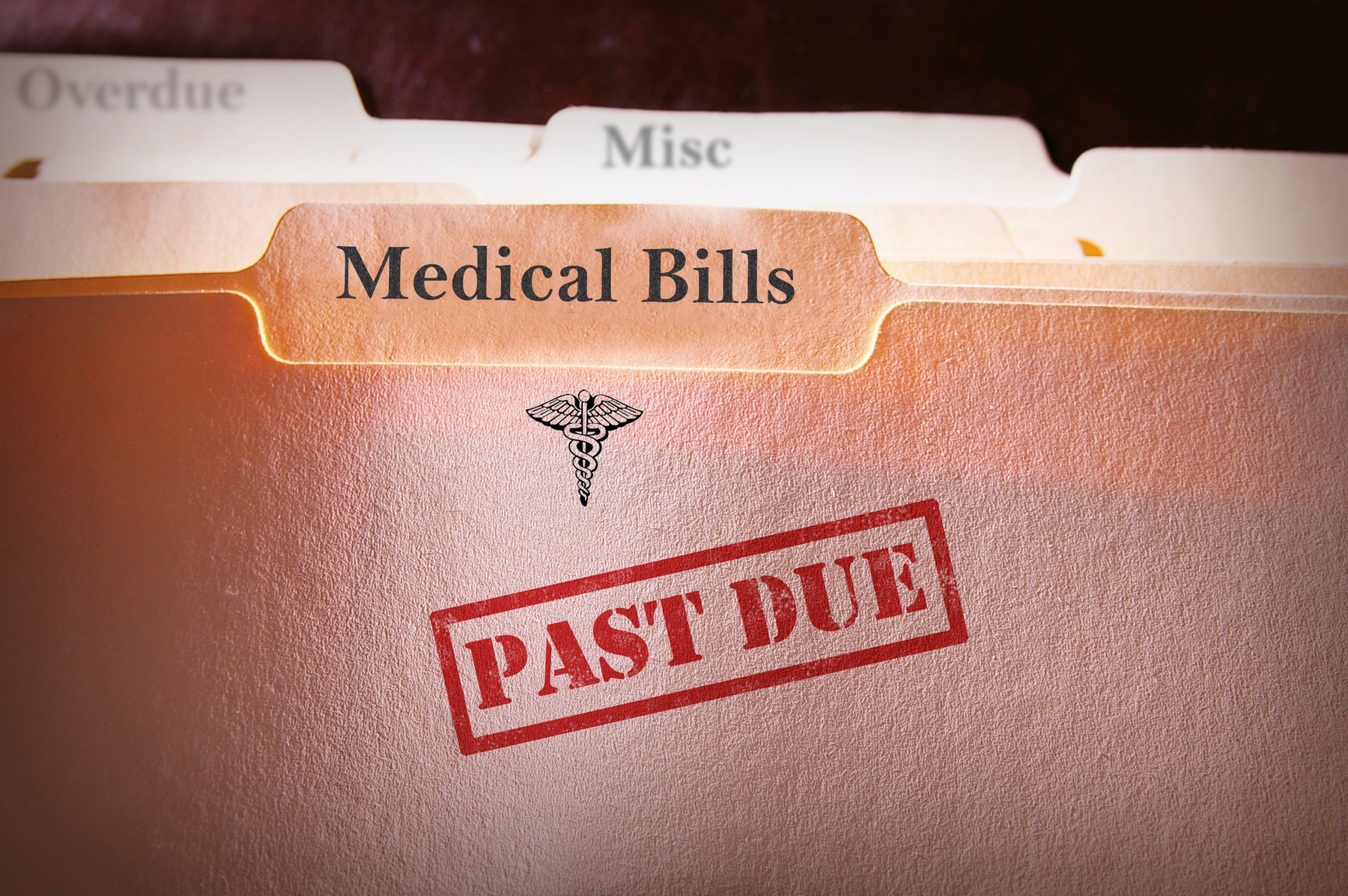Finding Your Financial Flow: Navigating the Rapids of Heavy Credit Card Debt
Imagine navigating a turbulent river with hidden rocks and sudden drops, with each obstacle representing a financial challenge brought on by heavy credit card debt. Just like a seasoned river guide would plan a route and prepare for obstacles, you too can map out a strategy to manage your debts and avoid potential pitfalls.
Today, we’ll help you create a map to your financial flow. We’ll discuss the dangers of credit card debt, and help you understand your financial situation better. With our guidance, you’ll learn how to navigate these tricky waters and develop a plan to eliminate heavy credit card debt for good. Read on for essential tips and strategies that will put you back in control of your finances!

Understanding Financial Flow
Financial flow is a harmonious state where your financial decisions are in perfect alignment with your personal values and long-term objectives. It’s about creating a balanced, stress-free financial life. Imagine it as paddling down that river— challenging at times but wonderfully serene once you find your rhythm. This flow state can be your reality, even after facing financial setbacks like overwhelming credit card payments.
Aligning Values with Financial Decisions
To achieve financial flow, start by stripping down the excess and focusing on what truly matters to you. Here are some steps to get you started:
- Identify Your Core Values: Take some time to reflect on what is most important to you. Is it financial security, family, education, or travel? Understanding your core values will help guide your financial decisions.
- Assess Your Current Financial Situation: Look at your income, expenses, debts, and savings. This step is crucial for understanding where you stand and what needs to change. If you need help with debt, speak with a debt relief professional at National Legal Center.
- Create a Budget That Reflects Your Priorities: A budget isn’t just about numbers—it’s a reflection of your values. Create an intentional budget where you allocate your resources to support what matters most to you.
- Cut Out the Excess: Identify areas where you can reduce spending without compromising your happiness. This might mean dining out less frequently, canceling unused subscriptions, or finding more cost-effective ways to enjoy leisure activities.
- Seek Professional Guidance: Sometimes, the journey requires a guide. A debt relief law firm, like National Legal Center, can provide the guidance and support you need to navigate the complexities of your financial situation.

Navigating Financial Rapids
Facing heavy credit card debt can feel like navigating through tumultuous rapids. But with the right strategies, you can overcome these challenges:
- Prioritize Debt Repayment: Focus on paying down high-interest debt first, and break free from the minimum-payment mindset. Consider strategies like the snowball or avalanche method to systematically tackle your debt.
- Negotiate with Creditors: Don’t hesitate to contact your creditors to negotiate lower interest rates or payment plans, especially for debt in collections. Many creditors are willing to work with you to settle the debt. If you’d like help, our experienced debt settlement attorneys can help negotiate your debt.
- Explore Debt Relief Options: From Debt Management Plans to debt negotiation plans to bankruptcy, there are various debt relief options available. A qualified debt relief law firm can help you explore these options and determine the best path forward.
- Build an Emergency Fund: Start setting aside a small amount each month towards an emergency fund. Even a modest buffer can prevent future financial setbacks from derailing your progress.
- Stay Committed to Your Financial Goals: Persistence is key. Review your progress regularly, adjust your budget as needed, and stay focused on your long-term goals.
The Long Paddle
Achieving financial flow is the long paddle out to sea. It requires effort, persistence, and sometimes facing the rapids head-on. But once you find your rhythm, you’ll experience a sense of peace and control over your finances. By aligning your values with your financial decisions and seeking the right support, you can achieve a balanced and stress-free financial life. Remember, National Legal Center is here to help you navigate the complexities of debt relief, providing the expertise and encouragement you need to find your financial flow.
Schedule a Free Consultation with National Legal Center
Complete this form to schedule your free consultation.






























